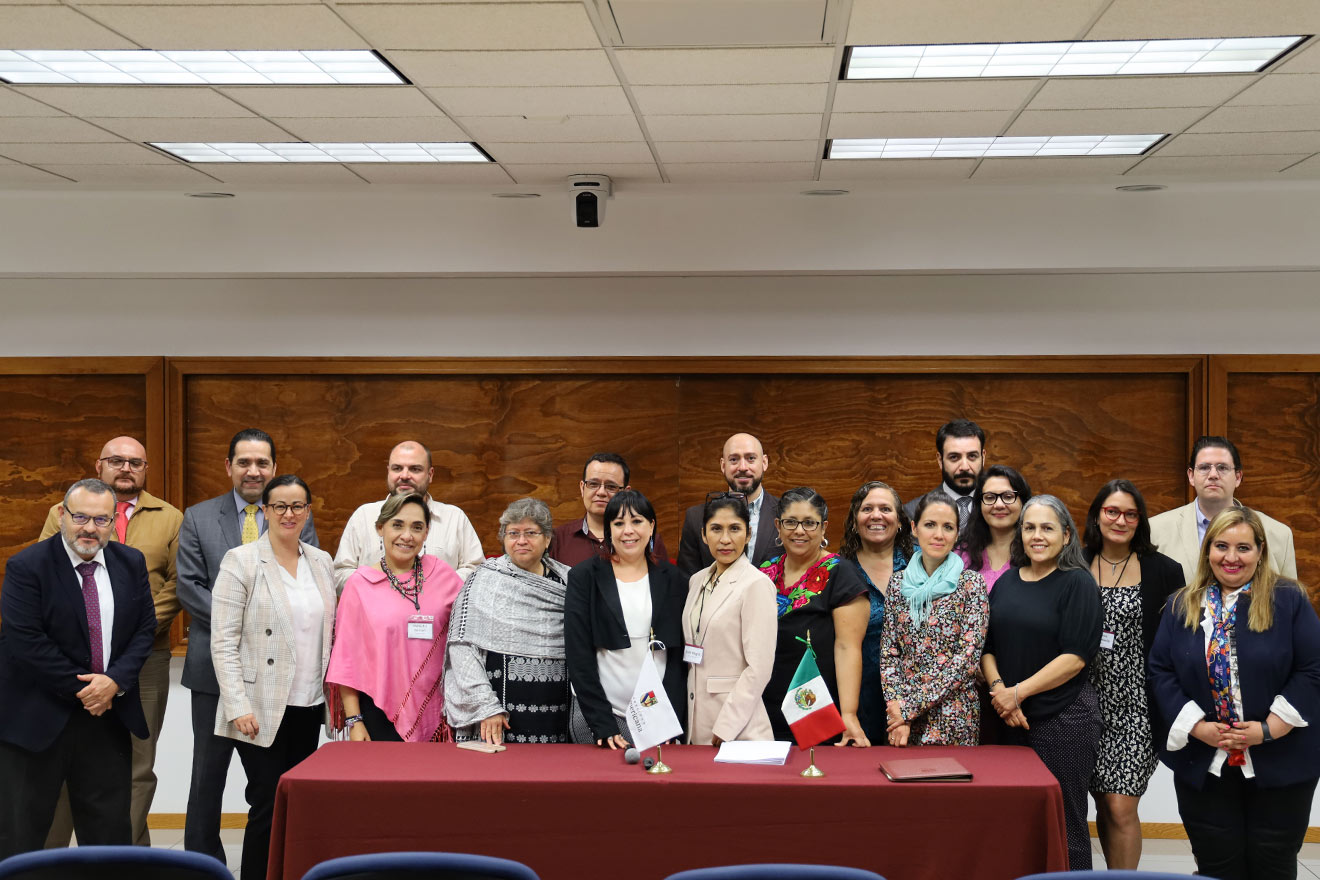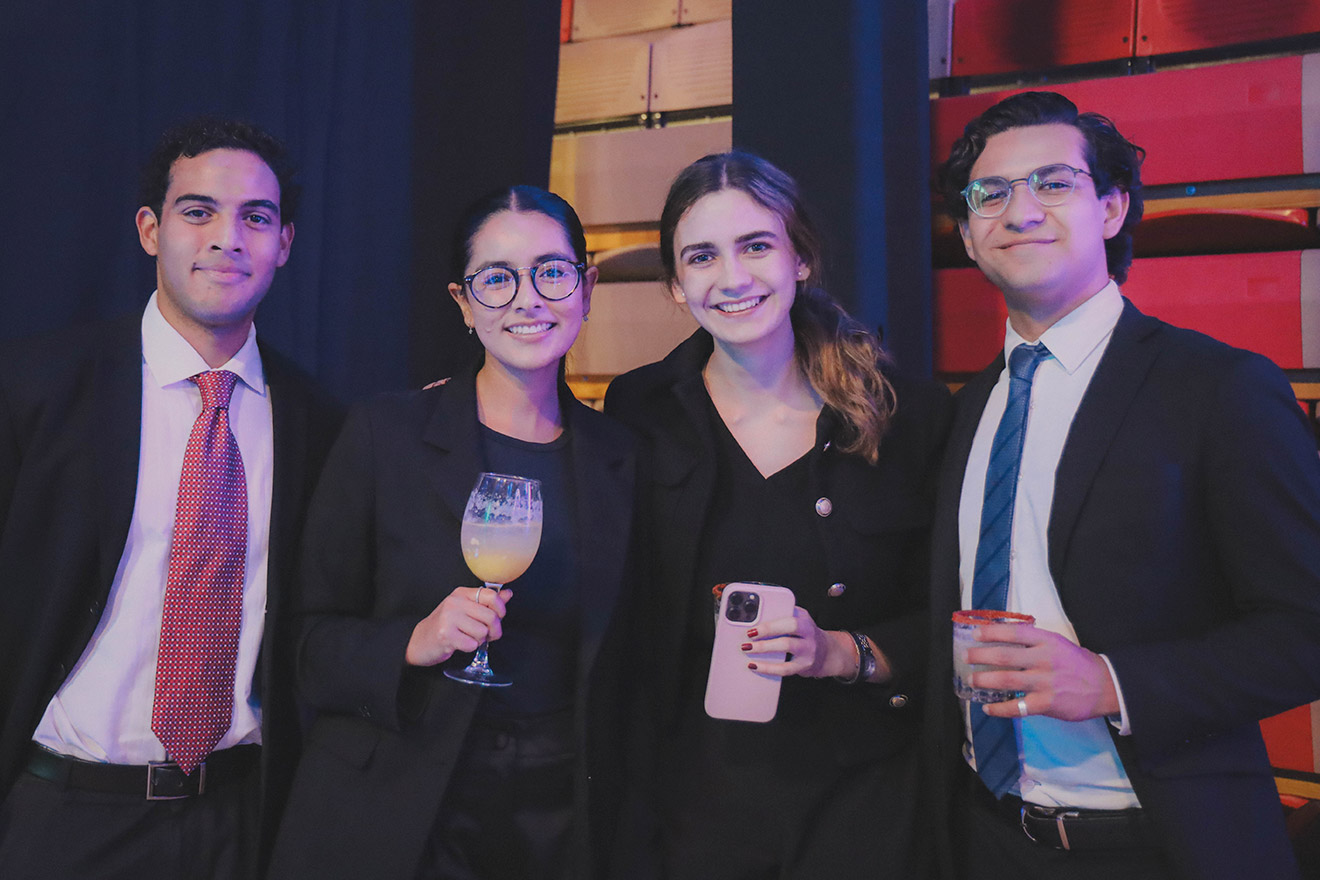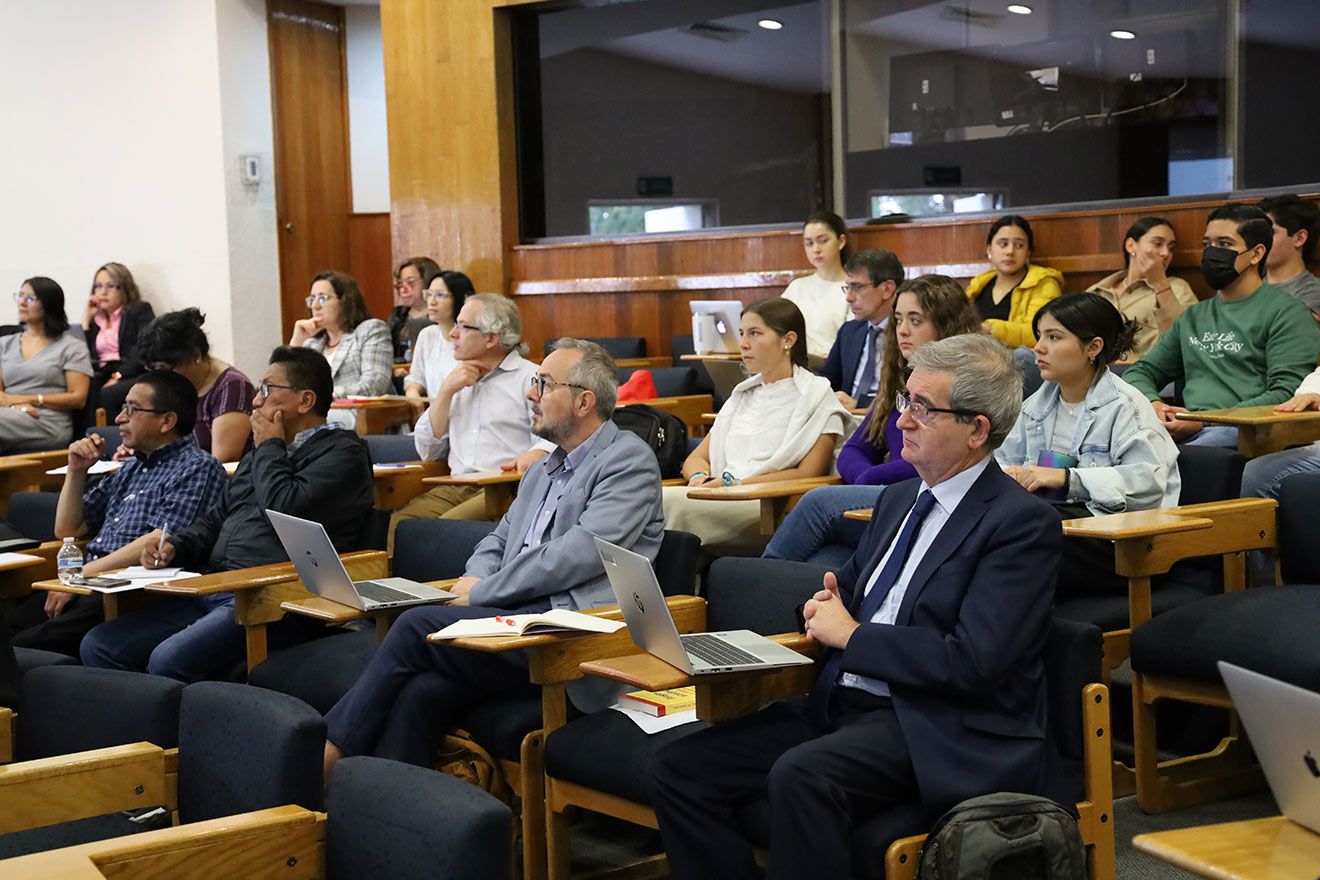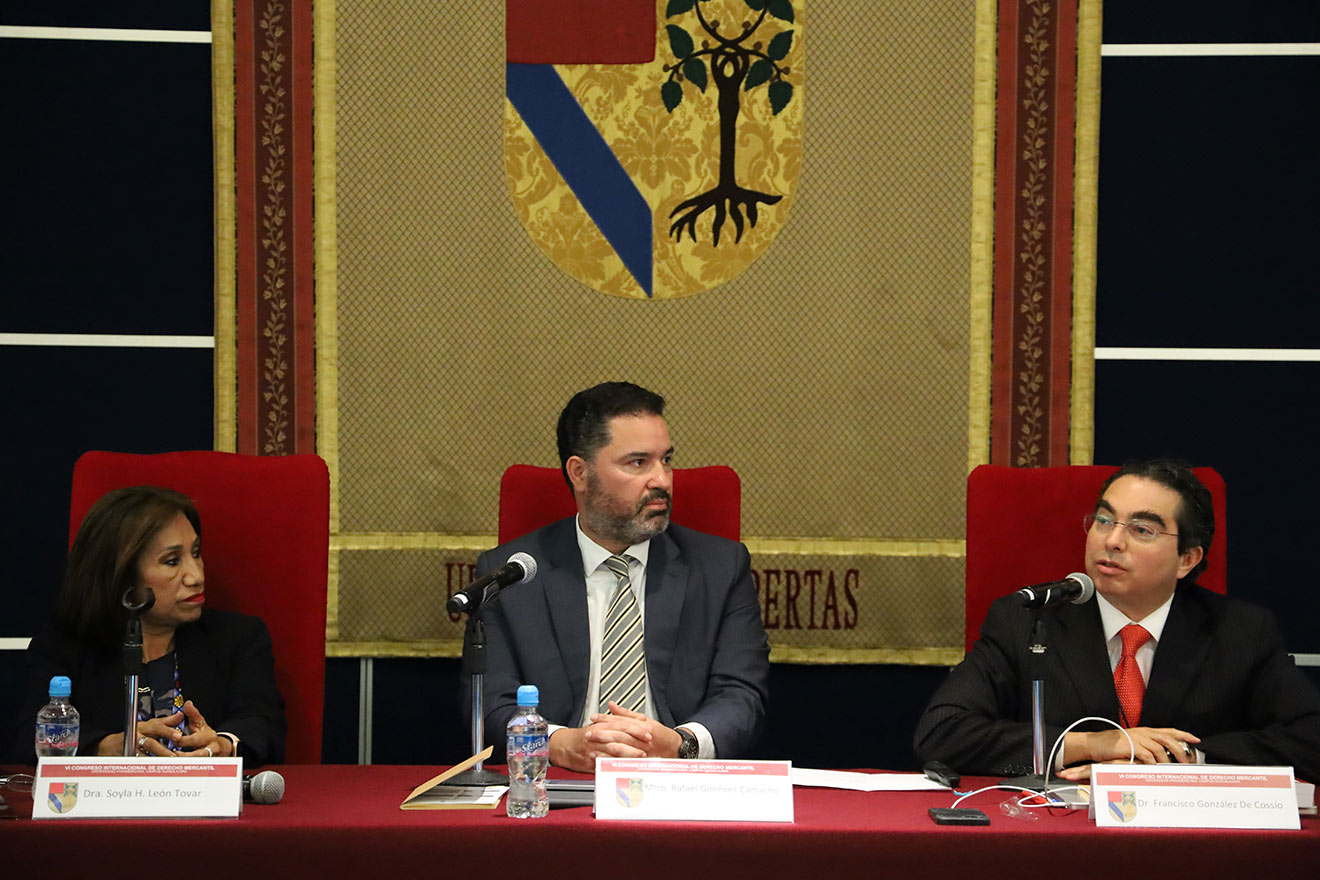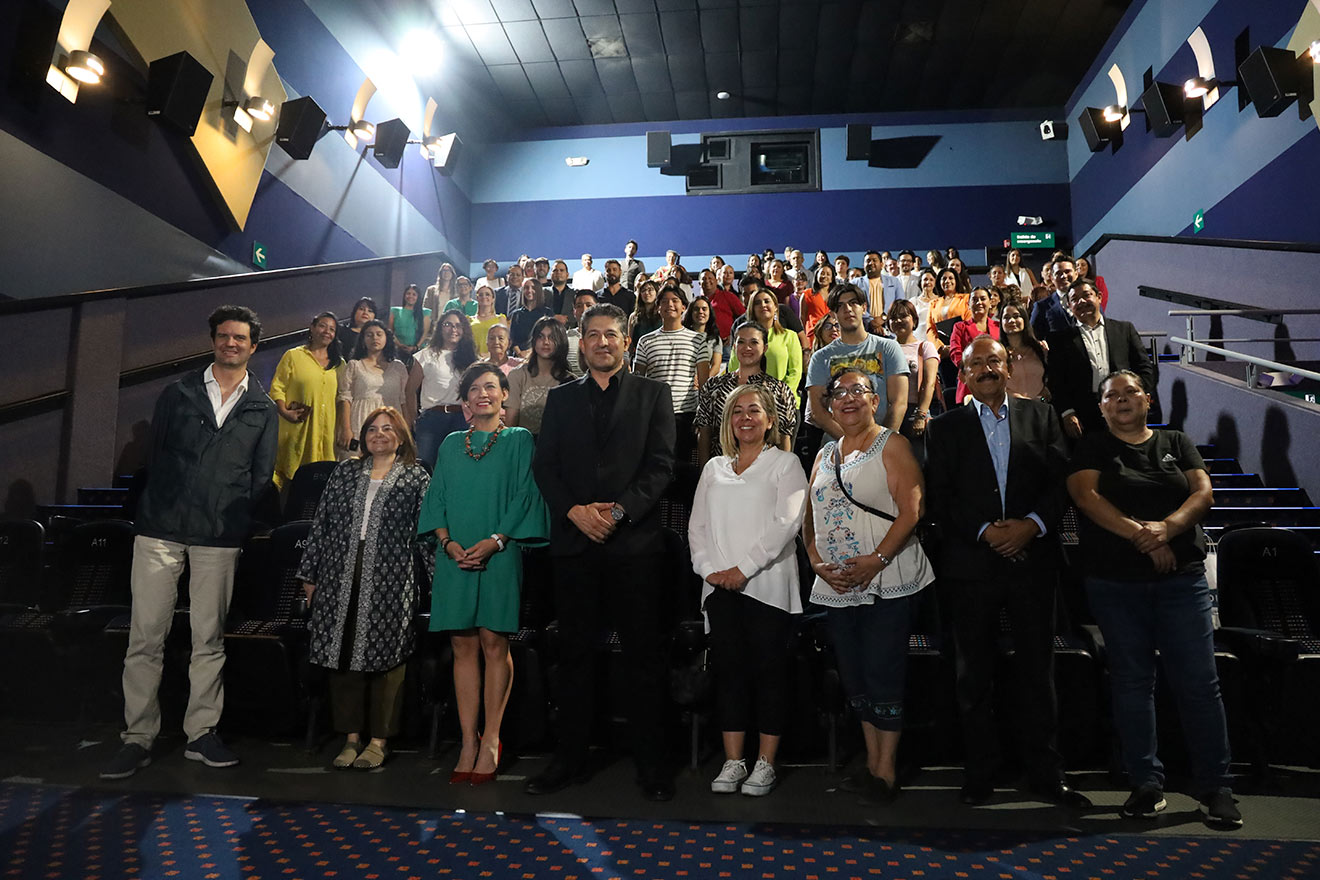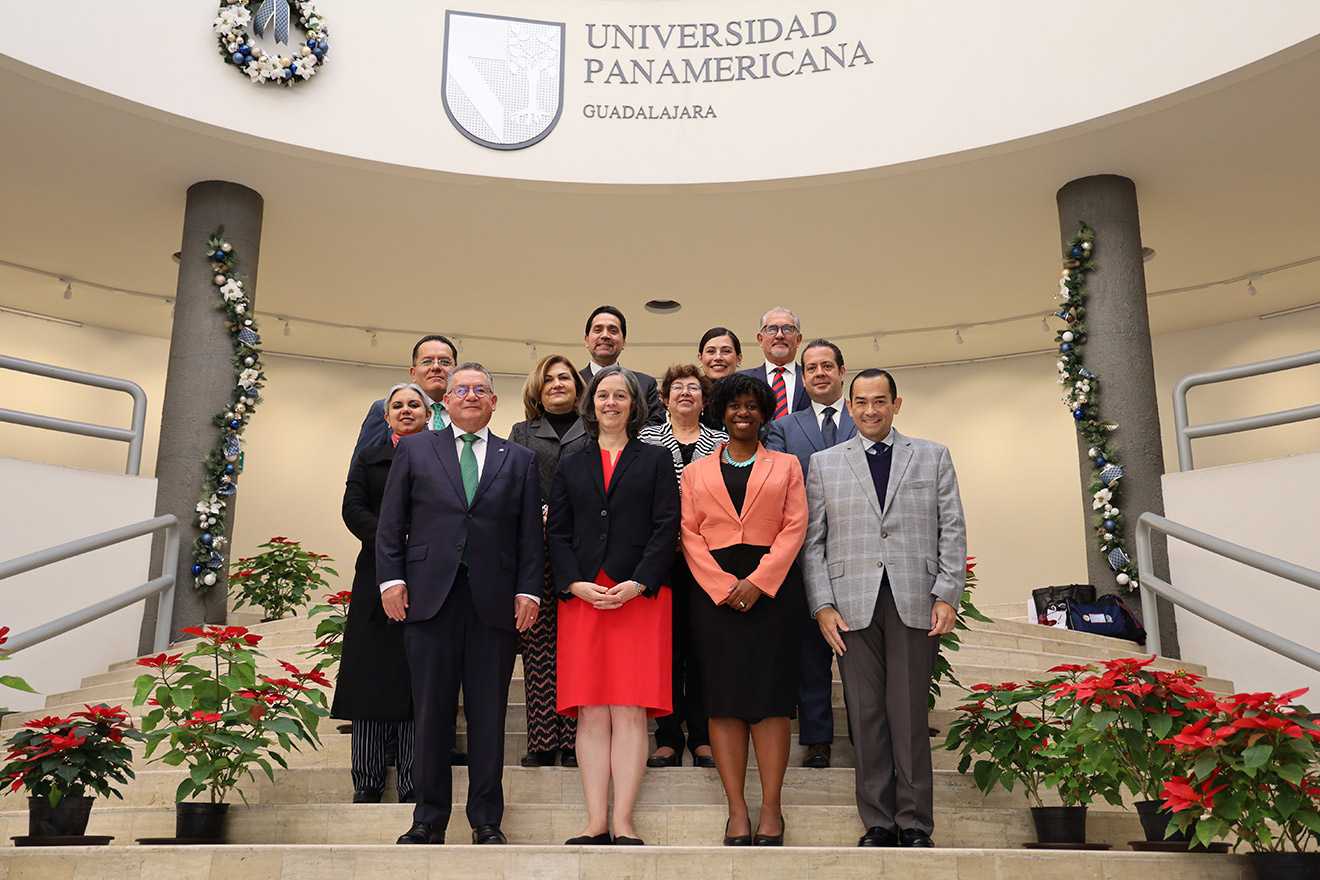ZAPOPAN, Jalisco. February 9, 2023.- When, encouraged by UP Guadalajara, I decided to embark on the adventure of studying for a doctorate in Law, Government and Public Policy at the Universidad Autónoma de Madrid, I could hardly have imagined the great challenges I would face. After all, I thought, it would "only" be about going back to school (something I have always enjoyed); and doing it, moreover, in my hometown. Born and raised in Spain, I had never studied in a Spanish institution (I studied my university degree in the United States), so I was especially excited about this opportunity. The idea was to spend a year in Madrid and then complete my studies by distance learning, with occasional trips to Spain from Mexico. The academic objective: to analyze the impact of the populist discourse on the bilateral relationship between Mexico and the United States.
Family move and the onset of the pandemic
My experience was unique and different in several ways. A PhD is a complex, challenging, solitary project that tests the constancy, resilience, dedication and stability of everyone who undertakes it. Moreover, in my case, the family challenges caused by moving between Guadalajara and Madrid, and the outbreak of the COVID19 pandemic, added salt and pepper to an extraordinary and enriching project. Something that would have been difficult to achieve without the unconditional support of the UP and my husband and children.
On the one hand, the UP offered me a scholarship, as well as a temporary leave of absence from my job as a full-time professor at the Guadalajara campus. On the other hand, my husband and children not only showed inexhaustible trust and patience, but were willing to face big changes - in their professional life and school career - with enthusiasm, courage and maturity. So, in the summer of 2017, the four of us moved to Madrid for a year; a move that was not without the logical complications and adjustments, such as finding a house, enrollment and adaptation to a new school, and adapting to a daily rhythm of life in a different city and country.
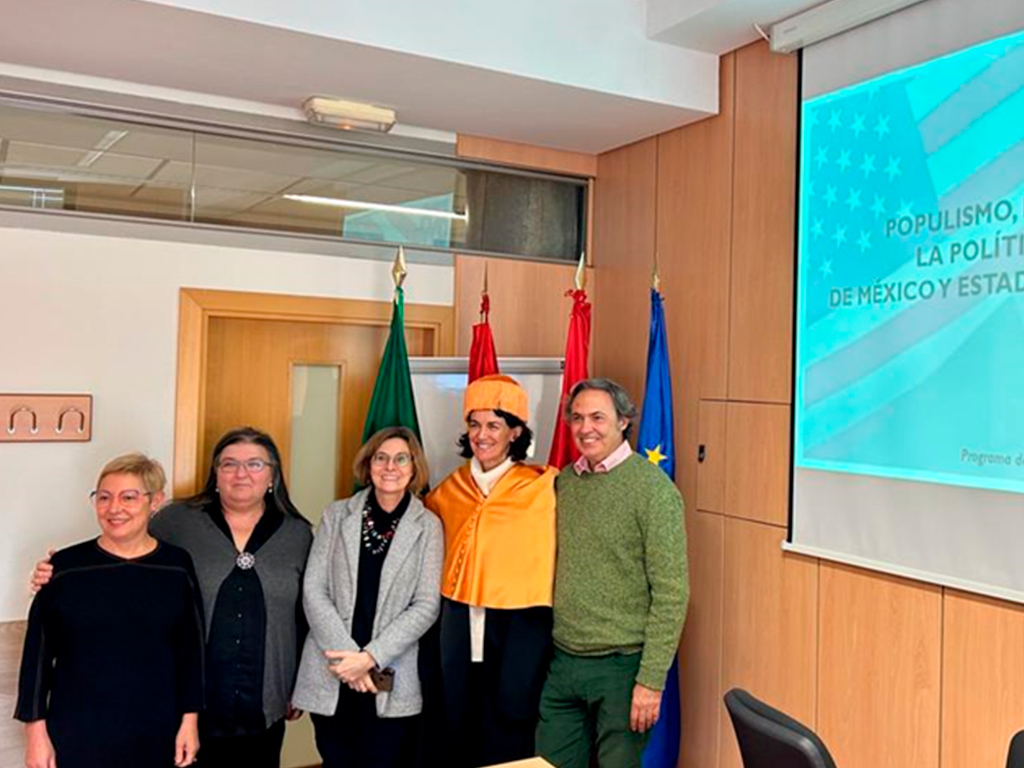
Presence in Madrid
From the academic point of view, the year spent in Madrid was fundamental. Only by traveling the 30 km train ride to the Universidad Autónoma every week was I able to get to know the professors who make up the Law School and the Political Science Department up close ; to understand their particular points of view, specialties and contributions; to walk around the campus and tour its library and classrooms; and to attend the research methodology classes and the seminars and workshops that later proved to be so necessary to lay the foundations for my research. In addition, Madrid, the nerve center and meeting point of Latin American and European politics, with its wide range of conferences in research centers, universities, foundations and embassies, was a place where I could soak up a topic as important as the one I was researching: populism and foreign policy.
But, above all, the months spent in Madrid allowed me to develop a close relationship with what would become my vital companion in this laborious intellectual project: my thesis director, Dr. Susanne Gratius, a renowned scholar of International Relations and Latin American Studies in Spain, whose experience and intelligence were key in guiding me in my research. The admiration and good relationship I established with her, and the shared interests, soon gave way to new opportunities for collaboration, with book chapters to write, conferences to attend, and research groups to participate in.

Return home and new challenges
The return to Mexico after the year's absence was not easy either. After a few months of readaptation to Guadalajara, the COVID19 pandemic came to disrupt our lives once again, and the first months of confinement made it frankly difficult to focus and move forward with research. On the one hand, like all my teaching colleagues, I was forced to readapt to the demands of online teaching, challenge the limits of my teaching abilities and dedicate hours to preparing the subjects I was teaching (already "rolled" after so many years) to make them sharable with sessions, eternal, online.
On the other hand, the uncertainty and daily dynamics - the whole family working from home - complicated the concentration required to follow the thread of the research. That said, among so many challenges, the pandemic also gave me an enormous and unexpected advantage: virtuality provided me with greater opportunities to participate in courses, workshops, webinars, and even doctoral seminars at the international level, which until then had required our physical presence.
The remote meetings with Susanne and other colleagues ceased to be a strange habit and became a routine to which we all adapted naturally. So much so that only one trip to Madrid was necessary when I finished the process with the thesis defense last November. What a fulfilling and enjoyable time!
Learning and satisfaction
In retrospect, the doctoral studies project has provided me with a great deal of learning and the enormous satisfaction of a personal and professional challenge fulfilled. There is no doubt that perseverance, balance and passion are important ingredients to reach the goal. It also fills me with motivation to know that obtaining the degree has been nothing more than the "starting signal" and the beginning of a new stage of learning and research. Therefore, in addition to the enormous joy of having completed the greatest professional project of my life, I am deeply grateful for the unconditional support of my family and UP, this magnificent house of studies.



